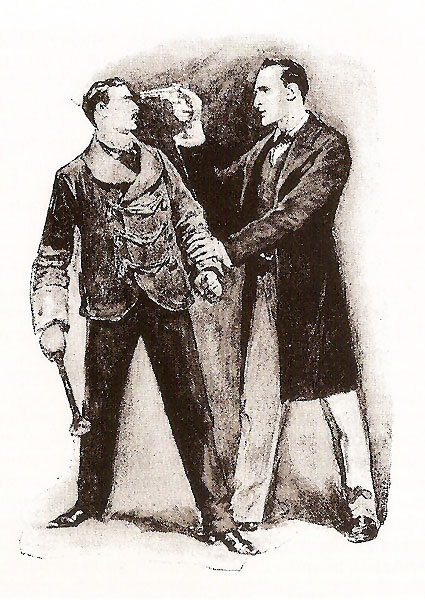Way back in 1770 the French philosopher, historian, and poet Voltaire wrote that “Perfect is the Enemy of Good.”1 He was quoting an Italian proverb, which was itself probably derived from the Greeks or the Etruscans or somebody, but we’ll go with Voltaire because he said so many wonderful things and deserves all the credit he can get.
This statement, “Perfect is the Enemy of Good,” seems troubling at first glance. Shouldn’t we strive for perfection, even if we know that we — flawed beasts that we are — can never achieve it? According to yet another poet, Robert Browning, “…a man’s reach should exceed his grasp.”2
Continue reading “Good, gooder, goodest.”






